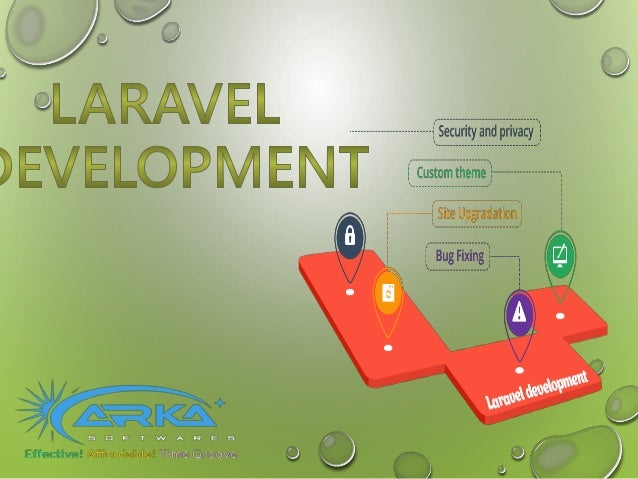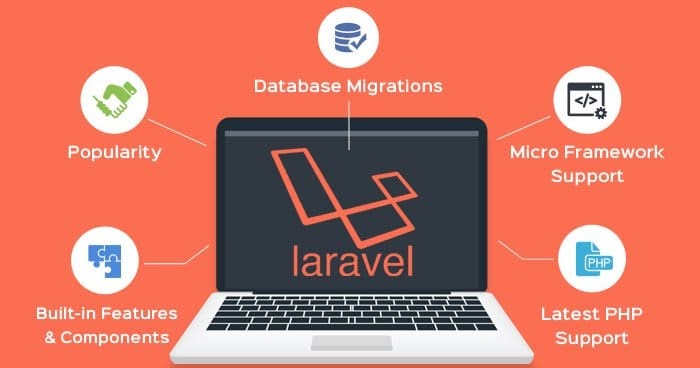
Understanding this limitation, and how to work with it is important for building any large application with Laravel. Limited Scalability: Laravel is designed to be scalable, but it is not as scalable as some other frameworks.This can make it difficult for beginners to get up and running with the framework, and may require a significant investment of time and effort to master. Steep Learning Curve: Laravel is a powerful framework, but it also has a steep learning curve.This makes it easy to find help and support when you need it, and to learn from the experiences of others. Laravel has a large and active community of developers, who are constantly contributing to the framework and sharing knowledge and best practices. Laravel Community: One of our favorite aspects of the framework is its strong community.This includes commands for generating models, controllers, and views, as well as for managing your database and running tests. Artisan Console: Laravel comes with a powerful command-line interface called Artisan, which provides a number of useful tools and commands for managing your application.This eliminates the need for writing complex SQL queries, and makes it easier to manage your data in a consistent and organized way. Eloquent ORM: Laravel's Eloquent ORM makes it easy to interact with your database by providing a simple, fluent interface for working with your data.This means that your web app will be able to handle a large number of users and requests without slowing down or crashing. It uses a number of tools and features to optimize the speed and efficiency of your web app, including optimized routing, caching, and queueing. Great Performance: Laravel is known for its exceptional performance.

Micro-Framework: Laravel has a micro-framework distribution called Lumen which is a great choice for small apps or integrations.API Ready: Laravel is built with powerful API tools which makes it a great choice for building APIs for decoupled applications.


This means that you can get your web app up and running in a fraction of the time it would take with other frameworks. Fast Development Time: Laravel comes with a number of pre-built components and libraries that allow developers to quickly build and deploy web apps.This makes it easier to maintain and extend your codebase over time. MVC Architecture: Laravel follows the Model-View-Controller (MVC) architectural pattern, which allows for better organization and separation of concerns in your application.

In this blog article, we will outline the pros and cons of using Laravel for building your web application. It offers a number of features and tools that make it an attractive choice for building web applications, but it also has its drawbacks. Laravel is a popular open-source PHP framework that has gained a lot of traction in the web development community in recent years.


 0 kommentar(er)
0 kommentar(er)
